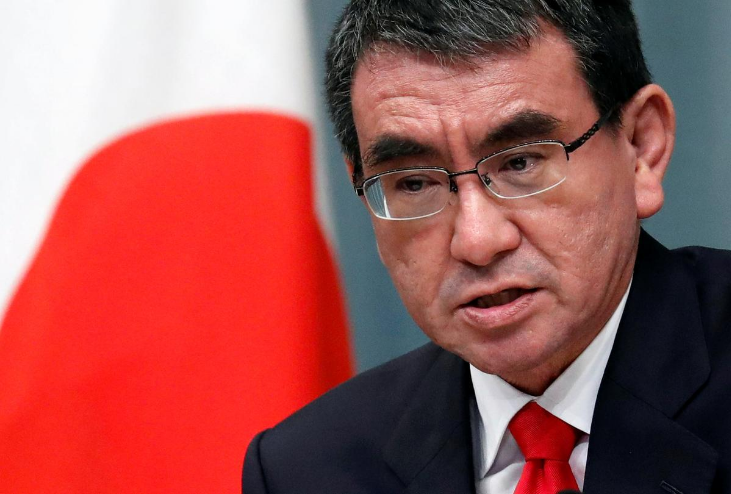Japan confirms scrapping of Aegis Ashore system
China Daily | Updated: 2020-06-26 07:53

TOKYO-Japan's National Security Council has endorsed plans to cancel the deployment of two costly land-based US missile defense systems aimed at bolstering the country's capability against foreign threats, the country's defense minister said on Thursday.
The council made its decision on Wednesday, and now the government will need to enter negotiations with the United States about what to do with payments and the purchase contract already made for the Aegis Ashore missile defense systems.
The council is expected to also revise Japan's basic defense plan later this year to update the missile defense program and scale up the country's defense posture.
Japanese Defense Minister Taro Kono announced the plan to scrap the systems earlier this month after it was found that the safety of one of the two planned host communities could not be ensured without a hardware redesign that would be too time-consuming and costly.
He told a meeting of the ruling party on Thursday that acquiring weapons that would let Japan strike enemy missile bases is an option Japan will consider as a way to bolster its ballistic missile defenses.
The Japanese government in 2017 approved adding the two Aegis Ashore systems to enhance the country's current defenses consisting of Aegis-equipped destroyers at sea and Patriot missiles on land.
Japanese officials have said the two Aegis Ashore units could cover Japan entirely from one station at Yamaguchi in the south and another at Akita in the north.
The plan to deploy the two systems already had faced a series of setbacks, including questions about the selection of one of the sites, repeated cost estimate hikes that climbed to $4.2 billion for their 30-year operation and maintenance, and safety concerns that led to local opposition.
Kono said Japan has signed contract worth nearly half the total cost and paid part of it to the US.
Japanese Prime Minister Shinzo Abe, who has steadily pushed to step up Japan's military capability, said last week that in light of the scrapping, the government would need to reconsider Japan's missile defense program and do more under Tokyo's security alliance with Washington.
He said the government would consider the possibility of acquiring preemptive strike capability, a controversial plan that critics say would violate Japan's war-renouncing Constitution.
Agencies - Xinhua
























